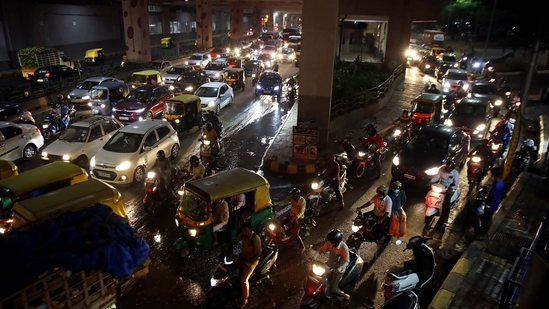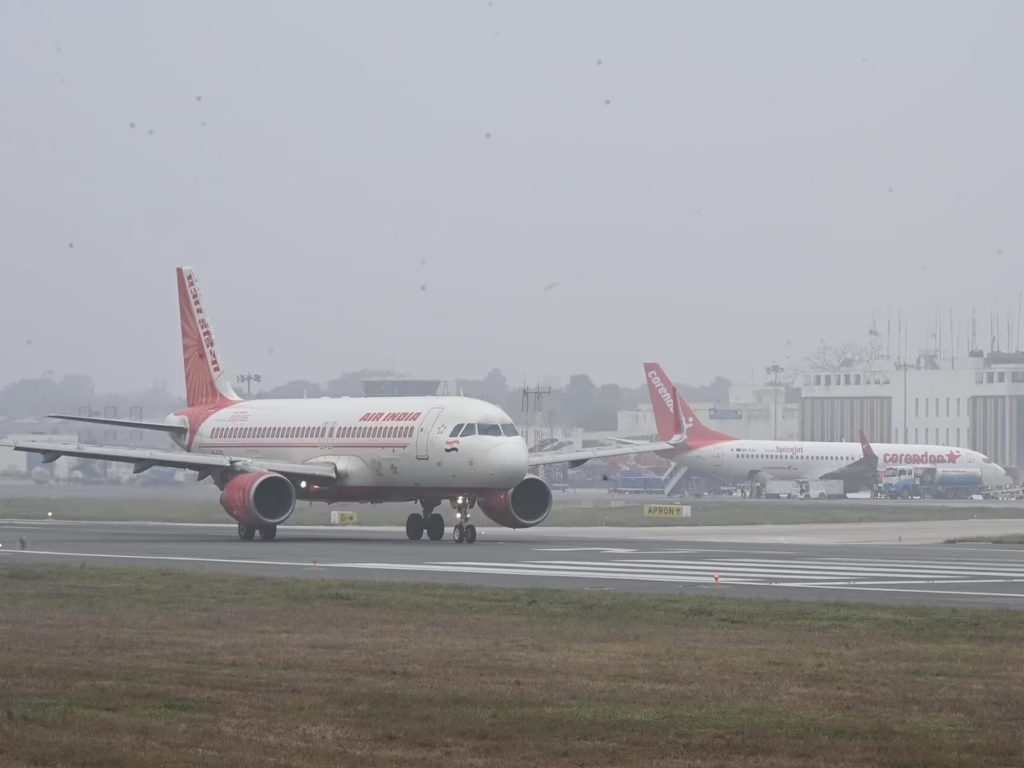Now Reading: Bengaluru Roads Choke After Bike Taxi Ban: Residents Report Heavier Traffic, Longer Waits
-
01
Bengaluru Roads Choke After Bike Taxi Ban: Residents Report Heavier Traffic, Longer Waits
Bengaluru Roads Choke After Bike Taxi Ban: Residents Report Heavier Traffic, Longer Waits

Bengaluru’s already congested traffic has worsened noticeably after the government’s recent ban on bike taxi services. Many residents say the move has led to longer commutes, fewer ride options, and increased pressure on public and private transport. As the city struggles to cope, Tier 2 cities looking to regulate bike taxis are closely watching the fallout.
What Triggered the Ban
The Karnataka government imposed the ban citing regulatory, safety, and licensing concerns around private bike taxis operating without proper permits. The aim was to bring order to the growing ride-share sector, but the outcome on the ground has been far from smooth.
Traffic and Frustration Rise
Residents across Bengaluru report that traffic has worsened by up to five times in key areas. With fewer two-wheeler options available, many commuters have shifted to cars and autos, resulting in increased congestion during peak hours. Office-goers and college students are the most affected.
Impact on Daily Commuters
For lakhs of users, especially those in lower-income groups or living in outer city zones, bike taxis were a cheap and quick solution. Now, with longer wait times and higher fares for other services, many are finding daily travel both more expensive and inconvenient.
Tier 2 Cities Taking Notes
Urban planners in cities like Mysuru, Indore, Nagpur, and Kochi are paying close attention. These cities, too, are experimenting with shared mobility solutions, and the Bengaluru example serves as both a warning and a learning opportunity about the importance of balancing regulation with accessibility.
Calls for a Middle Ground
Transport experts and civil society voices are urging the government to reconsider a complete ban and explore regulated models. Suggestions include licensing, insurance mandates, and safety checks rather than a total shutdown, which has disrupted daily life for many.
Government’s Next Step Awaited
While officials have acknowledged the public inconvenience, there’s no official word yet on whether the policy will be revisited. The pressure is mounting as more citizens voice their concerns and traffic data supports the spike in congestion.
Conclusion:
The ban on bike taxis in Bengaluru has had unintended consequences that ripple far beyond just ride-sharing platforms. For cities planning similar moves, the key takeaway is clear—regulation must go hand-in-hand with practical mobility solutions. As India’s urban areas continue to grow, smart transport policies will be crucial in keeping cities moving.
























